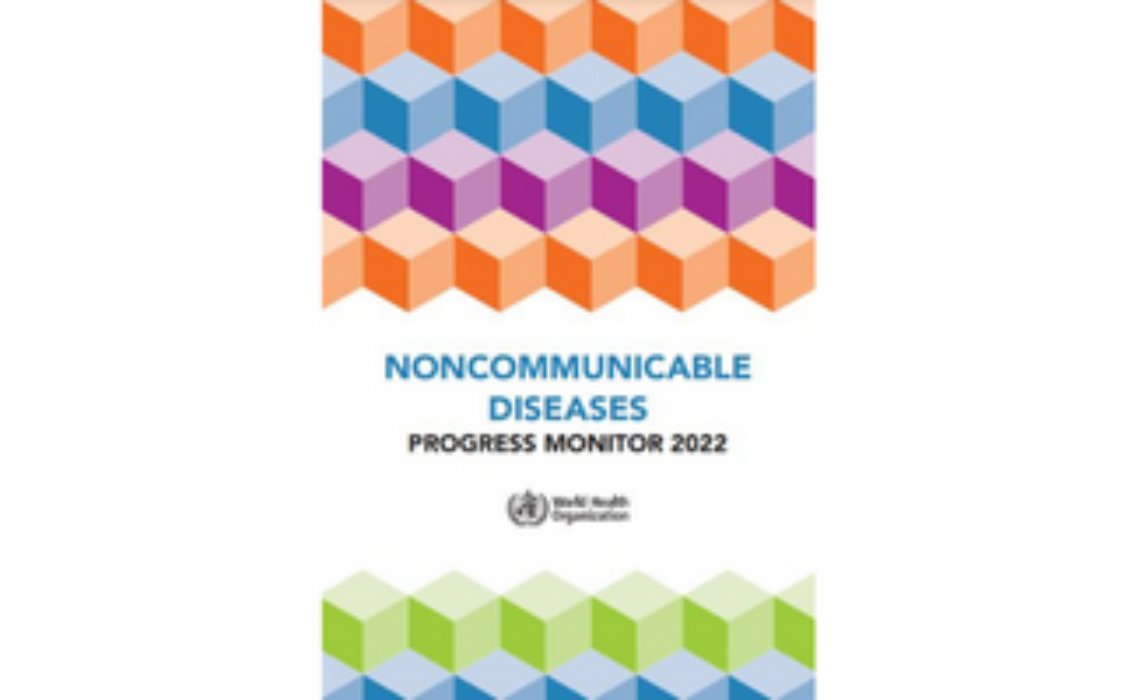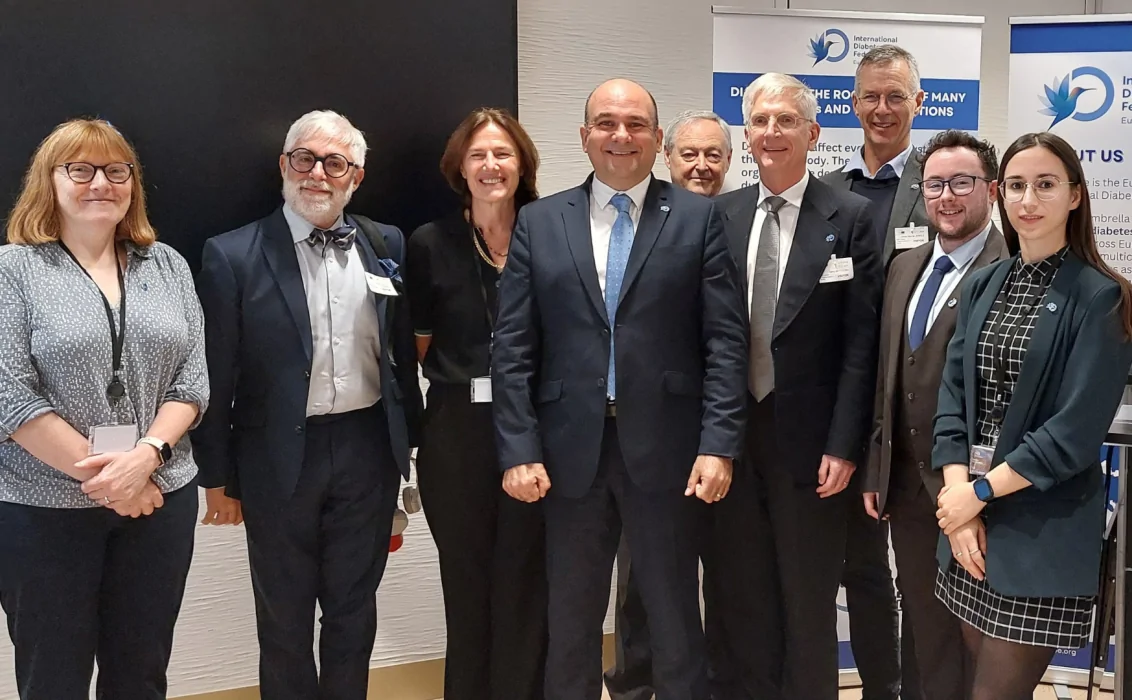Noncommunicable diseases (NCDs) such as diabetes, cardiovascular diseases, cancer and chronic respiratory diseases are a major public health challenge. In the EU, NCDs are responsible for 80% of the disease burden and are the leading cause of avoidable premature death and disability.
The fourth in a series, the 2022 Progress Monitor report provides data on the 19 indicators to prevent and control NCDs detailed in the Technical Note (2017) for all of WHO’s 194 Member States. The report presents evidence-based policies that represent the most effective and cost-effective actions for countries to protect their citizens from the burden of NCDs. It provides information for each country related to their achievement of the NCD progress monitoring indicators. These include:
- setting targets to reduce NCD deaths by 2025
- developing multisectoral policies to address NCDs
- reducing risk factors for NCDS
- and strengthening health systems through people-centred primary health care and universal health coverage.
Although few countries are on track to achieve the Sustainable Development Goals to reduce premature mortality from NCDs by a third by 2030 (target 3.4.1), the 2022 Progress Monitor report shows that 77 countries have fully achieved more indicators in 2022 compared with 2020, when the previous monitoring report was published. Many challenges remain though, notably for diabetes and obesity, for which rates are on the rise globally.
According to WHO’s Director-General, Dr Tedros Adhanom Ghebreyesus, the path to combat NCDs is a long one but we have the necessary tools and knowledge to succeed. ‘Return on investment analysis of the WHO “best buys” for NCDs shows that with the right strategic investments, countries facing the greatest burden of premature NCD deaths can change their disease trajectory. They can deliver significant health and economic gains for their citizens by focusing on a few key policies in areas including tobacco and alcohol control, reducing salt intake, increasing physical activity, management of diabetes, and vaccination against human papillomavirus.’
IDF Europe welcomes the WHO 2022 Progress Monitor report and joins WHO’s call on all governments to act now at the national and community levels, and invest in NCDs prevention and care and strengthen their healthcare services.



